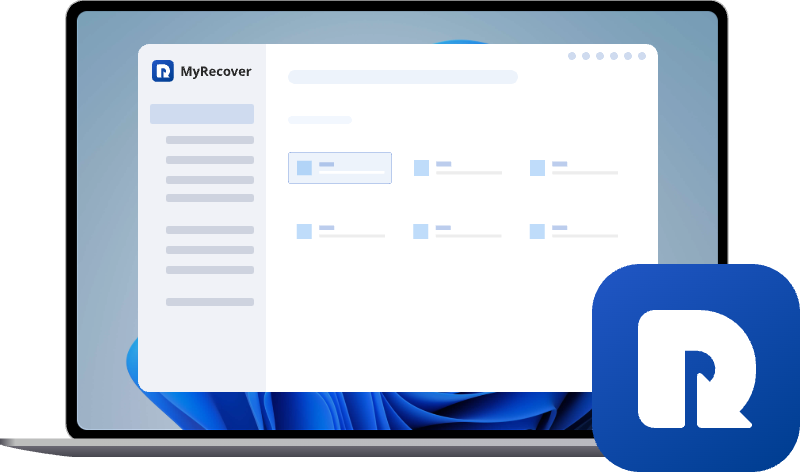Why Does My Computer Crash Randomly?
This essay explores the various causes of random computer crashes and offers practical solutions to resolve them. It also includes recommendations for software tools to assist in diagnosing and fixing the issue. Additionally, frequently asked questions about computer crashes are addressed in detail, providing comprehensive answers to common queries. Lastly, the essay concludes with an explanation of relevant technical terms and provides valuable tips for preventing future computer crashes.
Introduction
Computer crashes are not only frustrating but also disruptive to productivity. Imagine working on an important document or playing a intense multiplayer game when suddenly your computer freezes or restarts on its own. These unexpected crashes can occur for a variety of reasons, and finding the root cause can be challenging. In this essay, we will delve into the common causes behind random computer crashes and provide step-by-step solutions to resolve them.
Understanding the Problem
Random computer crashes can manifest in different ways. Your computer may freeze, display a blue screen error, or abruptly restart without warning. To effectively tackle this issue, let's explore some common causes:
1. Hardware Issues
Faulty hardware components can lead to random computer crashes. Problems with the RAM, power supply unit (PSU), or overheating due to inadequate cooling can cause instability in the system.
2. Software Conflicts
Incompatible or outdated software can clash with the operating system, leading to crashes. Conflicting drivers, incompatible programs, or improperly installed updates can all contribute to system instability.
3. Malware Infections
Malicious software such as viruses, spyware, or trojans can disrupt the normal functioning of your computer and trigger random crashes. It is crucial to have robust antivirus software installed and regularly updated to mitigate these risks.
Solutions
Now that we understand the common causes of random computer crashes, let's explore some solutions to resolve these issues:
1. Check and Update Drivers
Outdated or incompatible drivers can cause conflicts and crashes. Visit the manufacturer's website or use driver update software to ensure all drivers are up to date. Restart your computer after updating to allow the changes to take effect.
2. Test and Replace Faulty Hardware
If hardware is suspected to be the culprit, you can run diagnostic tests to identify the problematic component. Tools like Memtest86 can help detect faulty RAM, while programs like SpeedFan can monitor CPU temperatures to check for overheating. Replace any faulty components as necessary.
3. Scan for Malware and Perform Regular Maintenance
Use reliable antivirus software to scan your computer for malware regularly. Additionally, perform routine maintenance tasks such as clearing temporary files, running disk cleanup, and defragmenting your hard drive to keep your system running smoothly.
Recommendations
While troubleshooting random computer crashes, the following software tools can aid in diagnosing and fixing the issue:
1. Advanced SystemCare
Pros: Advanced SystemCare offers a comprehensive set of features, including system optimization, malware protection, and driver updates. Its intuitive interface makes it easy to use for both beginners and experienced users. Cons: Some advanced features are only available in the paid version, making them inaccessible to free users. How to use: Download Advanced SystemCare from the official website, install it on your computer, and follow the on-screen instructions to perform a system scan and repair.
Frequently Asked Questions (FAQ)
Q: How can I determine if faulty hardware is causing my computer to crash randomly?
A: To identify faulty hardware, you can run diagnostic tests such as Memtest86 to check your RAM or utilize programs like SpeedFan to monitor your CPU temperatures for signs of overheating.
Q: Can outdated software lead to random computer crashes?
A: Yes, incompatible or outdated software can cause conflicts with the operating system, leading to random crashes. Ensure that all programs and drivers are up to date.
Q: What steps can I take to prevent malware infections and subsequent crashes?
A: Install a reliable antivirus software and keep it updated. Regularly scan your computer for malware and practice safe browsing habits, such as avoiding suspicious websites and not downloading files from unknown sources.
Q: How often should I perform maintenance tasks on my computer?
A: It is recommended to perform routine maintenance tasks, such as clearing temporary files, running disk cleanups, and defragmenting your hard drive, at least once a month to ensure optimal performance and stability.
Q: Are there any additional preventive measures to reduce the risk of random computer crashes?
A: Yes, regularly backing up important files, avoiding running excessive programs simultaneously, and keeping your computer's ventilation system clean from dust and debris can all help prevent random crashes.
Q: Is it possible to recover unsaved work after a random computer crash?
A: In some cases, recovery options may be available through auto-save or backup features in specific programs. However, it is always recommended to save your work regularly to avoid potential data loss.
Q: How can I protect my computer from overheating?
A: Ensure that your computer is placed in a well-ventilated area, away from heat sources. Clean the fans and vents regularly to prevent dust buildup, and consider using cooling pads or additional fans for added airflow.
Technical Terms Explained
1. RAM (Random Access Memory): It is a computer's temporary storage space that is used to store data that the processor needs to access quickly. Faulty RAM can cause system instability and crashes.
2. PSU (Power Supply Unit): It is responsible for supplying power to the components of a computer. A faulty or inadequate PSU can lead to system instability and crashes.
3. Drivers: These are software components that allow hardware devices to communicate with the operating system. Outdated or incompatible drivers can cause conflicts and crashes.
Tips for Preventing Computer Crashes
1. Keep your computer and software up to date to ensure compatibility and security.
2. Regularly clean your computer's fans and vents to prevent overheating.
3. Avoid installing unnecessary programs and browser extensions that may cause conflicts.
Conclusion
Random computer crashes can be frustrating, but with a systematic approach to troubleshooting and implementing the solutions provided, you can resolve these issues. By understanding the causes behind computer crashes, regularly maintaining your system, and using reliable software tools, you can enjoy a smoother and more stable computing experience. Remember to practice preventive measures and follow the tips provided to minimize the risk of future crashes.


